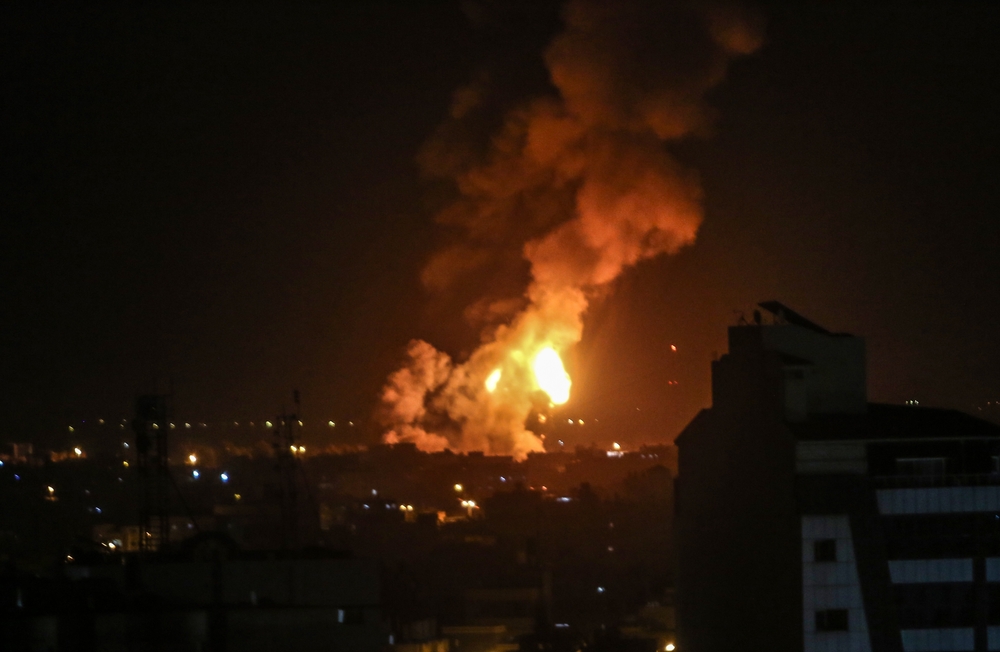Others are reading now
In a significant military development, the United States and Great Britain have initiated airstrikes against targets associated with the Houthi rebels in Yemen. This operation, conducted on the night of January 12, marks the first such action against the Iranian-backed group since their attacks on international shipping in the Red Sea commenced late last year.
The Houthis, who hold control over much of Yemen, have targeted shipping lanes in the Red Sea to demonstrate support for Hamas. These attacks have disrupted vital international trade routes that account for approximately 15% of global shipping, impacting a critical passage between Europe and Asia.
Reports indicate that British Prime Minister Rishi Sunak authorized these joint military strikes with the United States, following cabinet approval. The decision was made in response to escalating Houthi assaults on commercial vessels, aiming to safeguard this essential maritime corridor.
Also read
Bloomberg sources reveal that the cabinet’s decision was made on Thursday, with the possibility of conducting airstrikes within hours. However, official comments from Sunak’s office and the White House have not been forthcoming.
This military action signals a significant escalation in response to the series of Houthi attacks on commercial shipping that have been ongoing since November. It also reflects the broader geopolitical dynamics in the region, particularly concerning the Iranian-backed Houthi movement’s aggressive actions.
The U.S. and U.K.’s warnings to the Houthis about consequences for their continuous assaults on Red Sea shipping have now materialized into direct military action. The Houthi leader, Abdul Malik al-Houthi, has publicly vowed retaliation against U.S. aggression, highlighting the potential for further escalation.
These strikes bear resemblance to the April 2018 coordinated actions by the U.S., U.K., and France against Syrian President Assad’s chemical weapons facilities. The operations against the Houthis are expected to target their bases and boats using fighters and warships from the U.S., U.K., and other allied nations.
This development in Yemen represents a critical juncture in the conflict, as the international community responds to the Houthi’s increasingly assertive maritime attacks. It underscores the strategic importance of the Red Sea shipping lanes and the global implications of regional conflicts.


